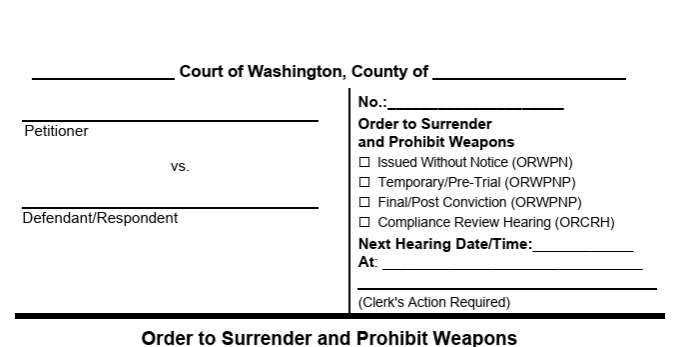Mar 13 2025 19:13
Choosing Between a Settlement and Going to Court
Understanding Your Options
Being injured through no fault of your own is a distressing event. As you deal with recovery, you're also faced with decisions about your legal options. Understanding the difference between settling your personal injury case or taking it to court is essential. This blog will explore the key aspects of both paths so you can make an informed decision.
Going to Court
Opting to take your case to trial involves presenting your case before a judge and jury, where your attorney will argue for compensation. One potential advantage of this route is the opportunity for higher compensation, especially in severe injury cases. Additionally, a court trial can publicly hold the responsible party accountable.
However, going to court means dealing with lengthy legal processes and increased costs. There's also the risk of an unfavorable outcome, where a jury might not rule in your favor.
Settling a Case
A settlement is an agreement reached between you and the responsible party, typically facilitated by your attorney and the defendant's insurance company. Settling a case often leads to a speedier resolution, providing quicker compensation. This path also typically incurs lower legal costs and maintains privacy, as court records become public.
Nonetheless, settlements can sometimes result in lower compensation packages compared to potential court awards. Once a settlement is reached, it prevents any further claims related to the incident.
Choosing the Right Path
Determining whether to settle or go to court depends on the specifics of your case and personal circumstances. Making an informed decision is crucial to achieving the best possible outcome for you. It's advisable to consult with an experienced personal injury attorney who can offer tailored guidance and help navigate the complexities of your situation.

















